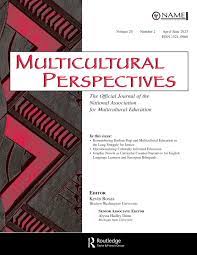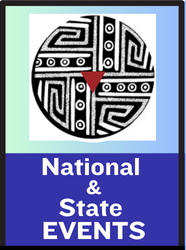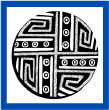What’s in a NAME?
Welcome to the website of the National Association for Multicultural Education (NAME).
Founded in 1990, NAME has become the premier national and international organization that is committed to issues of equity, inclusion, diversity, and justice in schooling for all. NAME builds bridges across preK-12, higher education, community programs, connecting educators,activists and advocates in the diverse spheres that impact children and adults.
On our website, you will find information about the organization, resources available to assist you in your efforts to diversify education, and opportunities to learn more about all aspects of education that is multicultural. We know you will find these helpful!
We are an organization that relies on the strength and efforts of members of the organization who volunteer their time and talents to assure all people have access to an education that is multicultural. We hope you are inspired to join our essential work. It will connect you to national, international and--in many areas--local NAME members. Please check out the information about how to get involved in supporting the organization. NAME needs your energy in our pursuit and efforts to achieve equity for all and social justice in education.

NAME's Journal:
Multicultural Perspectives
Multicultural Perspectives (MCP) promotes the philosophy of social justice, equity, and inclusion. It celebrates cultural and ethnic diversity as a national strength that enriches the fabric of society. MCP encourages a range of material from academic to personal perspectives; poetry and art; articles of an academic nature illuminating the discussion of cultural pluralism and inclusion; articles and position papers reflecting a variety of disciplines; and reviews of film, art, and music that address or embody multicultural forms. Published quarterly, its main audience is K-12 educators, social scientists, governmental social service personnel, teacher educators, and those involved in multicultural education. Read More


























